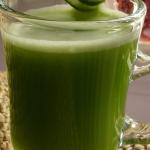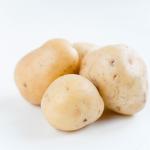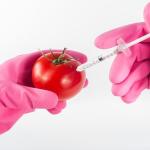I rarely see anyone looking at food labels. We make our food choices based on taste, price, and our sense of what might be good or bad for us.
Food & Nutrition
We all know that when it comes to weight loss, dropping the pounds is the easy part. It’s keeping weight off that's hard.
It's difficult to out-Oz Dr. Oz, America's Quack, who has raked in giant piles of money by promoting pseudoscience on his TV show. But at least one person comes perilously close: Dr. Mark Hyman.
There are few food fad movements that we support at ACSH. Organic food, for instance, is a total scam. So are most miracle diets and nutritional supplements. If you eat a relatively well-balanced diet, you're most likely going to be fine.
Rummage around the fringes of nutrition “science” for a while and you’ll soon bump into a strongly held belief that the vegetable oils most of us consider a healthier option—like canola, soy, corn, safflower, peanut and soy oils—will actually lead
As it turns out, for grocers it has diversified their revenue stream but towards a “distribution channel” with a low or in many cases non-existent profitability.
If you have more money than sense, how about spending $129.99 every 18 days on fresh celery juice delivered to your door?
“Stop cutting out white potatoes – they're as healthy as sweet ones, dietitians say,” a recent headline in Insider urges us.
Researchers considered that question specifically for new technology foods, like GMOs, where there is a great deal of public opposition.












